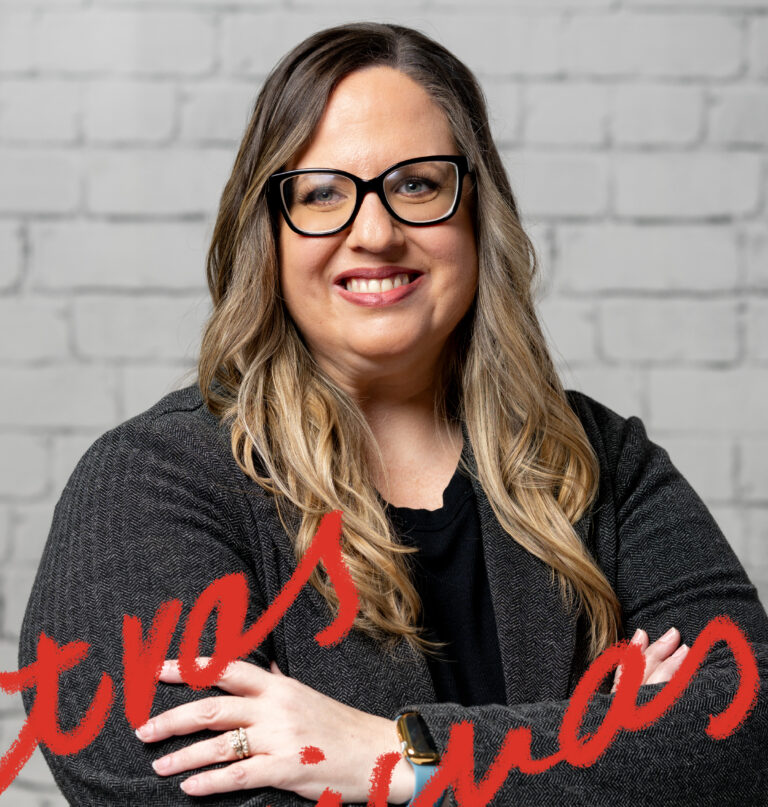
Cindy Jiménez-Vera nació en Bayonne, New Jersey en el 1978 y se crio en el sector rural El paraíso, del barrio Robles, en colindancia con el barrio Aibonito Guerrero en San Sebastián de las Vegas del Pepino, Puerto Rico. Actualmente vive en Bayamón. Es poeta, escritora, editora, y traductora literaria. Algunas de sus publicaciones son: Islandia (Ediciones Aguadulce/Disonante, 2016), No lugar (Ediciones Aguadulce, 2017), Te cambio esta isla: Poemas selectos / I’ll Trade You This Island: Selected Poems, ed. bilingüe (Ediciones Aguadulce, 2018), Tegucigalpa: edición bilingüe (Editorial Gnomo, 2022).
“Para escribir, me inspiro en la creación desde mi cuerpo disidente y de mujer rural, con una poética también disidente y por momentos incómoda. Como poeta, con discapacidad, puertorriqueña, y antillana en el archipiélago boricua, sueño con poder dedicarme a tiempo completo a la creación poética y a proyectos literarios concretos. Recibir la beca Letras boricuas significa para mí la oportunidad de dedicarme a la escritura por un tiempo sostenido para completar este proyecto que refleja un giro arriesgado y transgresor en mi obra poética. De igual manera, facilitaría poder transportarme y acceder a recursos que me permitan realizar una investigación sobre el tema de mi manuscrito en varios lugares dentro y fuera de Puerto Rico.”
Cindy Jiménez-Vera was born in Bayonne, New Jersey, in 1978. She grew up in the rural area of El Paraíso, in the Robles neighborhood, adjacent to the Aibonito Guerrero neighborhood in San Sebastián de las Vegas del Pepino, Puerto Rico. She currently lives in Bayamón. She is a poet, writer, editor, and literary translator. A selection of her publications include: Islandia (Ediciones Aguadulce/Disonante, 2016), No lugar (Ediciones Aguadulce, 2017), Te cambio esta isla: Poemas selectos, ed. bilingual (Ediciones Aguadulce, 2018), Tegucigalpa: bilingual edition (Editorial Gnomo, 2022).
“To write, I am inspired by creation from my dissident body and that of a rural woman, with a poetic that is also dissident and at times uncomfortable. As a poet, with a disability, Puerto Rican, and Antillean in the Puerto Rican archipelago, I dream of being able to dedicate myself full time to poetic creation and specific literary projects. For me, receiving the Letras Boricuas scholarship means an the opportunity to dedicate myself to writing for a sustained period of time to complete this project that reflects a risky and transgressive turn in my poetic work. Likewise, it would make it easier to travel and access resources that allow me to carry out research on the topic of my manuscript in various places inside and outside of Puerto Rico.”